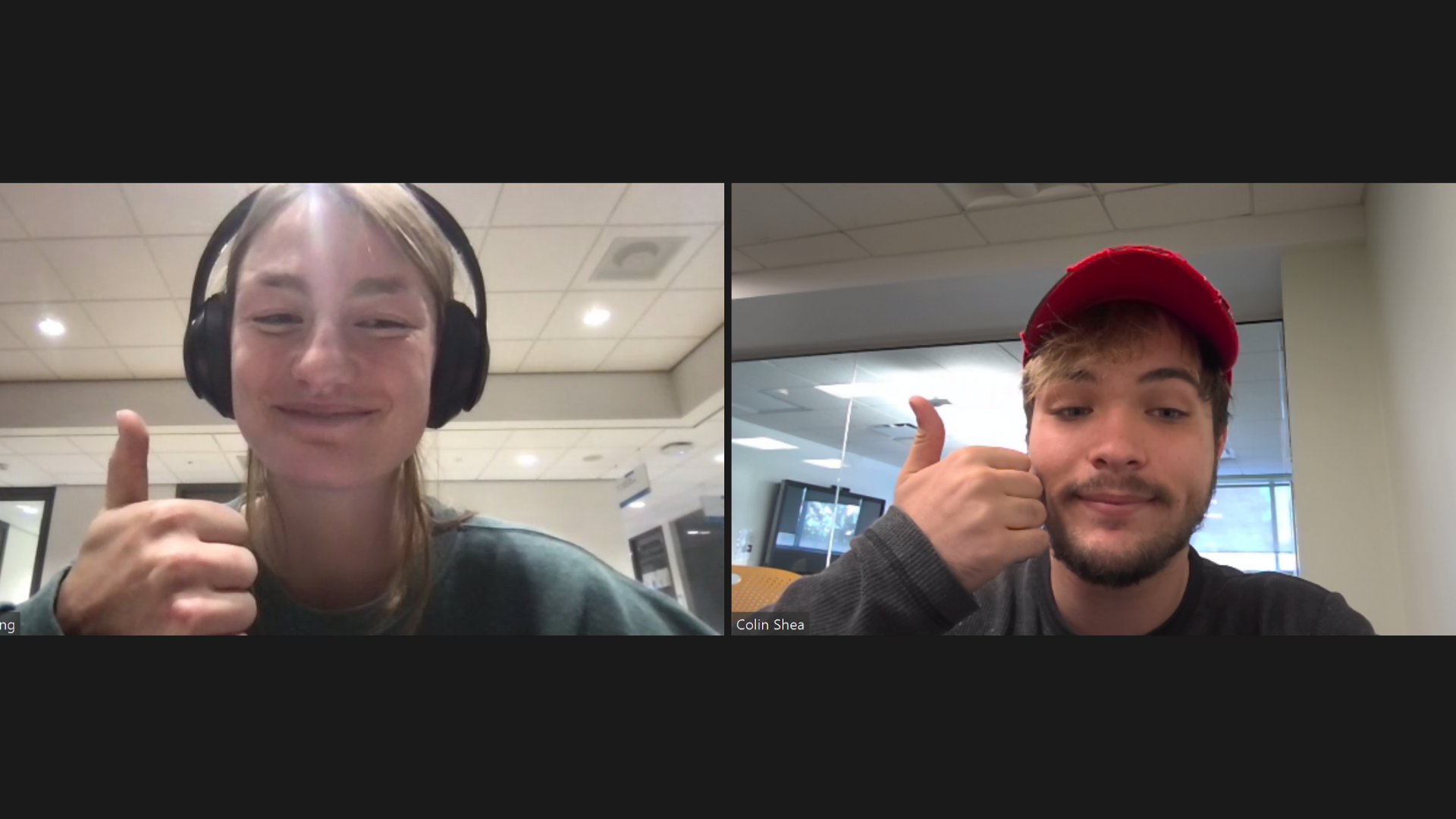Collaborations
The Eastern Seaboard Alliance

Our team prides itself in the power of collaboration and inclusive excellence in empathy, curiosity, and ingenuity. To embody our ideals we reached out to created the Eastern Seaboard Alliance, a 5-way iGEM team collaboration between the University of Florida, Johns Hopkins University, University of Pennsylvania, Massachusetts Institute of Technology, and Lambert High school. Founded on June 23rd, we collaborated weekly by holding zoom meetings to troubleshoot our projects & exchange advice and expertise. By ensuring candid dialogue between teams, we have improved the ways we reach out and interact with stakeholders, troubleshoot our websites, and discuss stronger synthetic biology approaches for our projects.
To celebrate our collaboration, we created a virtual meet up on The John Hopkins University Minecraft server where we are going to host a zoom call and be presenting our projects through building large interpretive booths.

University of Florida (Gainesville, Florida)
With the UF iGEM team, we offered helpful advice when educating their stakeholders through Human Practices. After sharing our informational pamphlet, they recreated their own pamphlet specific to antibiotic resistance bacteria.
We also planned on visiting Leon county schools with UF to educate local k-12 students about the “Power of synthetic biology,” but was stifled by the pandemic. With our teams focusing on public health & safety in North Florida, we planned on sharing how our team's research can change the way we approach social issues. We would’ve explained the steps we took in the engineering cycle, starting with contacting local agencies and organizations and ending with building and testing our solutions. We also planned on creating grade-level appropriate games and activities that simply explained the process of transforming bacteria.
TU DELFT (Delft, Netherlands)
After meeting at iGEM EPIC, we met over zoom to share our respective entrepreneurship literature. We analyzed each other's Business Model Canvas and developed a feedback loop for the development of the Business Model Canvases. We have assisted each other by consulting the viability of the products as we are both proposing business models that would fight against food insecurity. Although our companies would exist in different continents, there are similarities in business structure and developing market strategies that can be shared on different scales.

